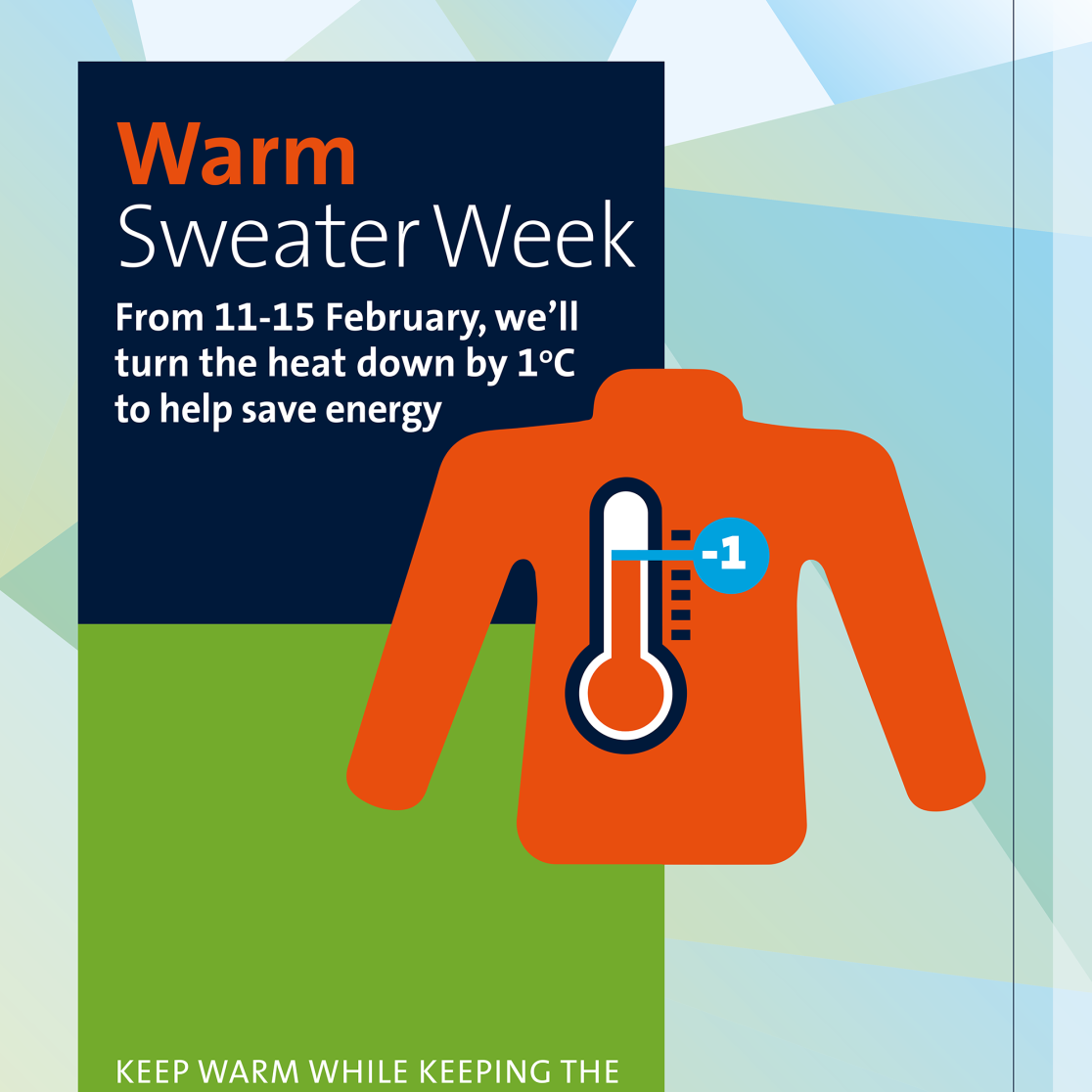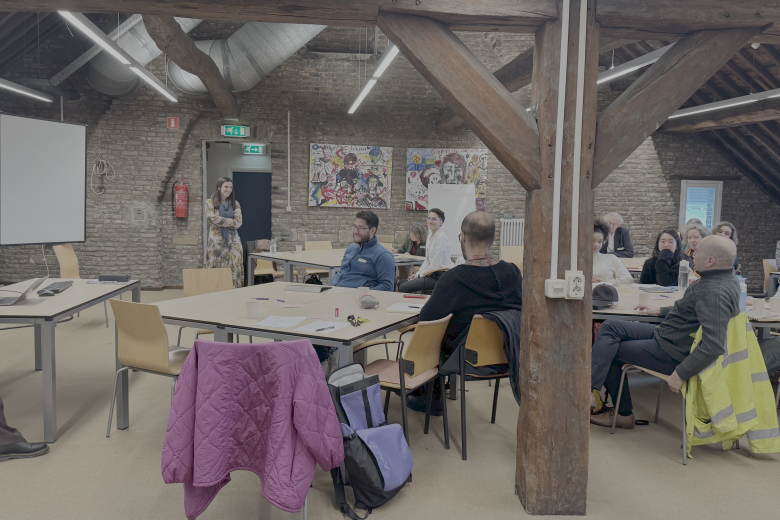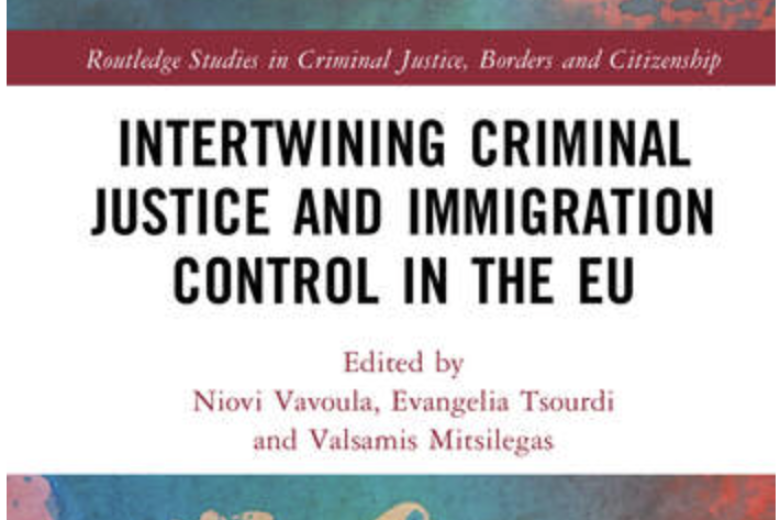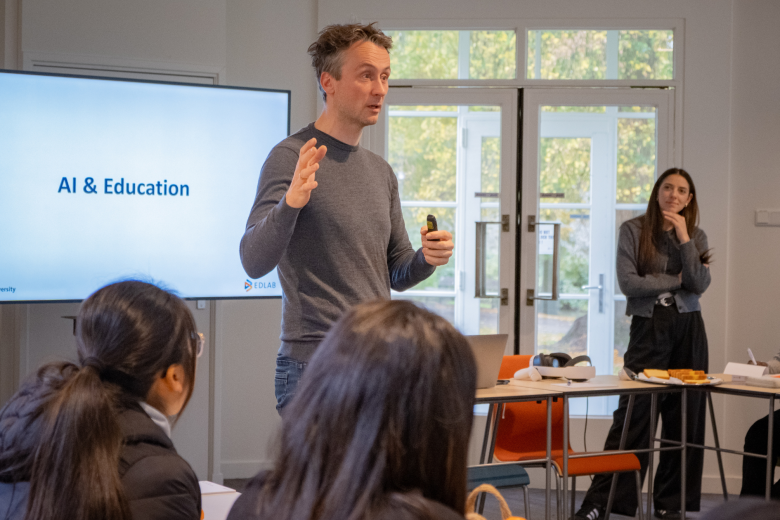Warm-Sweater-Week at Maastricht University
Lowering the temperature by a degree – not for a day, but for a whole week? After having participated in the national Warm-Sweater-Day for several years, Maastricht University has decided to organise a Warm-Sweater-Week this year, from 11 to 15 February. In all UM buildings in the inner city the temperature will drop by one degree - thanks to the Maastricht University Green Office.
This year, ‘Warm-Sweater-Day’ will take place on 15 February. With this event, the Dutch Klimaatverbond tries to reduce energy waste and to make people more aware of their energy consumption. Jacqueline Hendrix, UM’s co-organiser, says: “The warm sweater is a symbol for what we can do to reduce the emission of greenhouse gasses ourselves. One in five participants of Warm-Sweater-Day (Dutch only) keeps a better eye on his or her energy usage afterwards. That’s great, isn’t it?”
How it started
UM decided to participate in Warm-Sweater-Day a few years ago, following the advice of the student-run Maastricht University Green Office . The UM-GO-team is the driving force behind Maastricht University’s sustainability goals and this day fits in perfectly. Last year, UM saved 1.8 tons in CO2-emissions on Warm-Sweater-Day. Over twenty inner city buildings participate in this year’s event. The buildings in Randwijck, where laboratories are located, don’t participate, although employees are encouraged to manually turn down the heating in their offices. The same goes for the colleagues on the Venlo campus and the Brightlands Chemelot Campus Geleen.
Last year, we interviewed two employees and one student from the Green Office about Warm-Sweater-Day. Read the story.

Also read
-
'De-composing Classical Music’ event was a success
On 13 October 2025, the Maastricht Centre for the Innovation of Classical Music hosted the event ‘De-composing Classical Music: Coloniality and Resistance’ at the Faculty of Arts and Social Sciences in Maastricht.

-
Co-edited collective volume by MCEL member Lilian Tsourdi on the intertwinement between criminal justice and immigration control
The new volume offers a contemporary understanding of the state of the art of ‘crimmigration’ with a focus on the European Union and challenges this paradigm of intersecting criminal justice and immigration control.

-
UWC Maastricht students get a taste of education innovation at EDLAB
On 21 October 2025, EDLAB hosted students from United World College Maastricht for the second year in a row, as part of their Youth Social Entrepreneurship programme.
